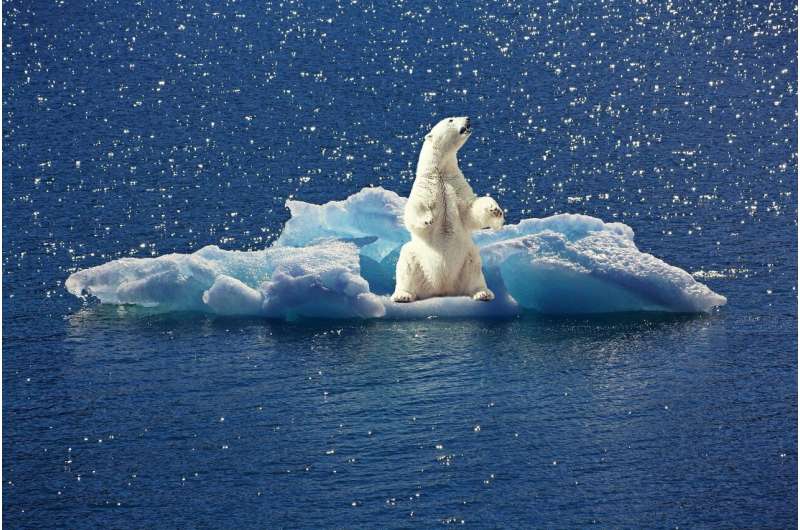APA reaffirms psychologists' role in combating climate change

Psychologists have a key role to play in addressing climate change and treating the mental health effects that arise from changes to the planet's weather patterns, according to a resolution adopted by the American Psychological Association.
"The natural disasters that we are experiencing are associated with a number of mental health problems, including anxiety and depression," said APA President Sandra L. Shullman, Ph.D. "As experts in human behavior, psychologists must be in the forefront of devising strategies to change the actions—by individuals, corporations and governments—that lead to climate change."
The resolution, which was passed by APA's Council of Representatives on Feb. 29, reaffirms the organization's 2011 policy on the issue and commits the organization to working with other scientific, professional, policy and community organizations in the U.S. and around the world.
The resolution notes that recent research on the psychological dimensions of climate change—including research on beliefs, attitudes and communications about climate change and studies of behavioral change related to energy use and conservation—can guide new actions to mitigate and promote human adaptation to climate change.
"Building on such work, APA can further address the climate change crisis by promoting and sponsoring advances in research, interventions, services, education and training, public policy and advocacy, group and community organization, and other domains in which psychologists work," the resolution states. "All areas of psychology have valuable knowledge and experience to contribute to this effort."
The resolution also calls for APA's president to create a task force of leading experts to review APA's past and current activities related to climate change and recommend goals and strategies that will have an impact on the climate change crisis.
APA has long focused on the role psychology can play in addressing climate change. Earlier this year, APA released the results of a public opinion poll that probed the reasons why people do and don't change their behaviors in response to climate change. In 2019, APA joined leaders representing psychological associations from more than 40 countries to sign a proclamation and resolution agreeing to apply psychological science to combat climate change and the negative impact it is having on vulnerable populations worldwide. The organization has also worked with ecoAmerica on two reports, in 2014 and 2017, looking at the likely effects of climate change on mental health and well-being.





















